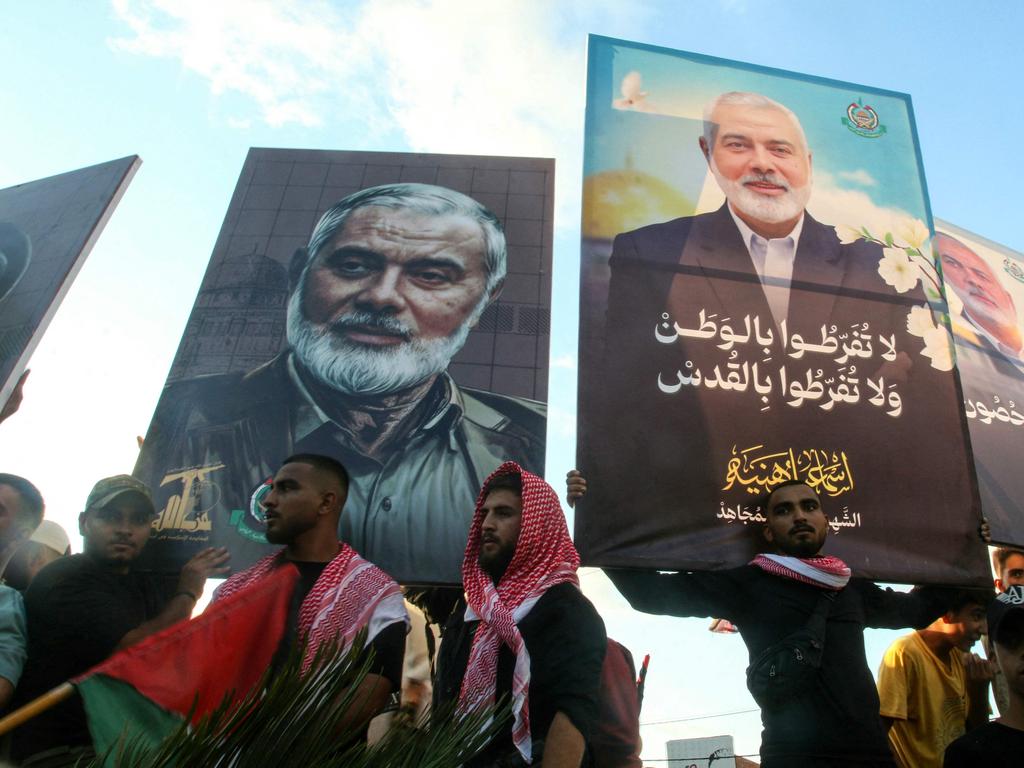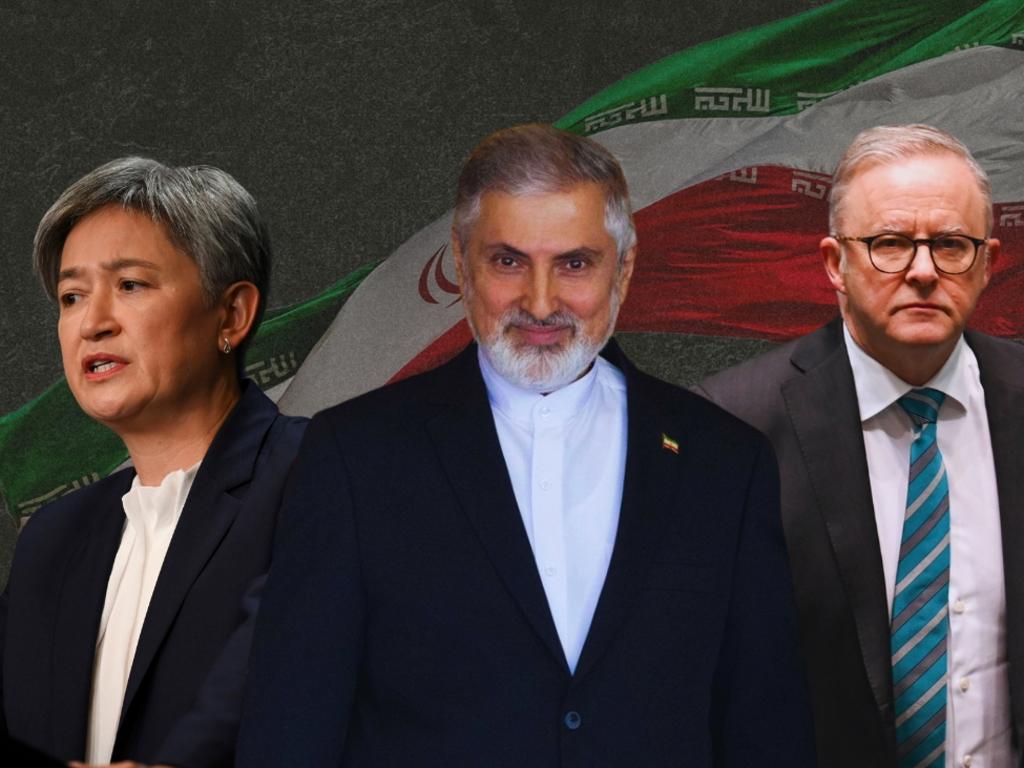Iran’s guessing game on Israel attack is keeping the Middle East on the precipice


Tehran’s expected military assault on Israel this week had not materialised by the time of writing, leaving US intelligence trying to fathom whether this is just a short term delay or whether Iran is fundamentally reconsidering its attack plans.
Washington is using this delay to send a clear diplomatic message to Iran’s newly elected government that its economy will suffer a devastating blow if it launches an attack on Israel.
Meanwhile Israel has warned the people of Lebanon that it will launch a massive attack on Hezbollah inside Lebanon if the Iranian-terror proxy carries out its own threats to attack Israel.
Both Iran and Hezbollah have vowed to attack Israel in retaliation for the twin assassinations of Hamas political chief Ismail Haniyeh in Tehran and Hezbollah military chief Fuad Shukr in Beirut.
It would be difficult for either Iran or Hezbollah to pull back from an attack now without losing face after stating bluntly that Israel would be militarily punished for the assassinations.
But Iran has a new president, Masoud Pezeshkian, who reportedly warned his country’s Supreme Leader about the economic damage an attack could ultimately wreak upon his own country.
Some US officials have privately speculated whether Iran could be prepared to pull back on attack plans in anticipation of a breakthrough in the Gaza peace talks which now appear to be moving closer to an agreement.
Most experts believe Iran is still planning to launch an attack of some sort against Israel, but that it may be reconsidering the size and scale of such an attack, knowing that the military response from Israel could be devastating.
Media reports suggest Iran’s terror proxy Hezbollah may even be preparing to launch an attack on Israel independent of Iran, rather than a co-ordinated assault.
As recently as Wednesday, Hezbollah leader Hasan Nasrallah vowed
“Our response is coming and it will be strong, impactful and effective.”
These are nervous days for Israel and the US because unlike the previous Iranian assault on Israel in April, Tehran has given few clues about the nature of its threatened attack.
In April, Iran launched more than 300 missiles and drones at Israel, but it flagged the attack well in advance, effectively allowing Israel, with help from the US and Arab states, to shoot down most of the missiles before they reached Israel.
But this time, there has been an ominous silence from Iran and its attack plans.
Israel’s greatest fear is that both Hezbollah and Iran, including Iranian controlled militia in Syria and Iraq may launch a large co-ordinated assault on Israel at once. This would threaten to overwhelm Israel’s air defences.
Hezbollah in particular, would be in a position to inflict serious damage inside Israel if it chose to do so because it is so heavily armed and the distances are short, giving Israel little time to repel a large-scale attack.
But a major attack is considered less likely than a smaller scale strike because it would provoke a massive retaliation by Israel which would cause long-term damage to Iran’s interests in the region. Iran’s economy is already severely weakened by international sanctions and it faces a restive young population which is increasingly hostile to the hard-line ruling clergy. A major conflict with Israel would only further weaken Iran both economically and militarily.
Israel would be likely to respond to a major attack by Iran by directly targeting that country’s nuclear facilities and therefore Iran’s nuclear weapons aspirations.
Hezbollah also faces difficult calculations in deciding the size and scale of any assault on Israel.
Any major attack by Hezbollah is likely to provoke an all out response by Israel, which experts believe would eventually cripple Hezbollah but only after severe damage was inflicted on both Israel and on Hezbollah in Lebanon.
A weakened Hezbollah would also weaken Iran’s clout in the region and its leverage against Israel.
Each of these options will have been weighed up in Tehran. The decision that the Mullahs make could shape the Middle East for years to come.





Iran is keeping the world guessing about the level of punishment it wants to inflict on Israel as the country’s ruling Mullahs ponder the risks and the costs to their own country of any reckless military adventurism.